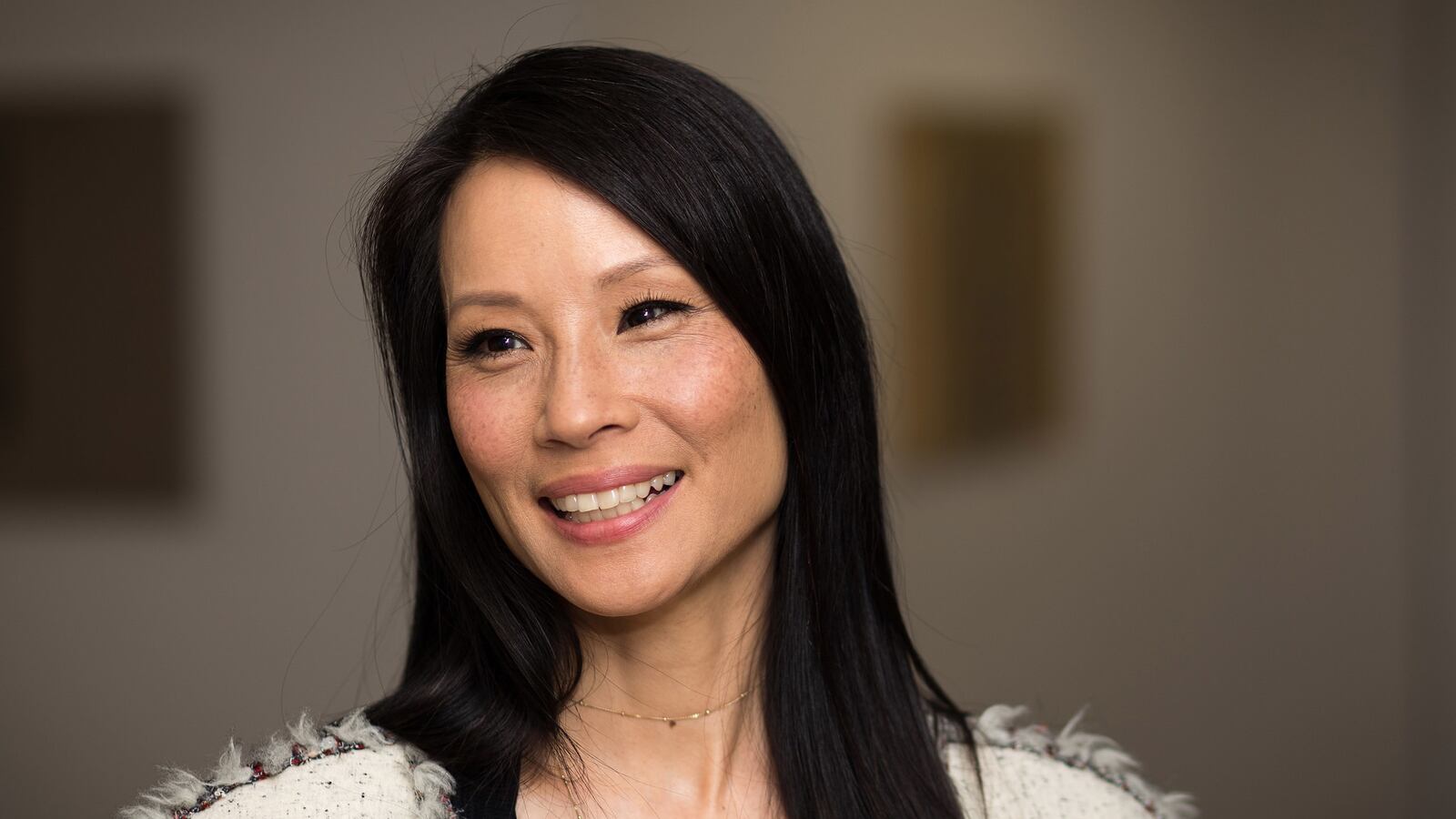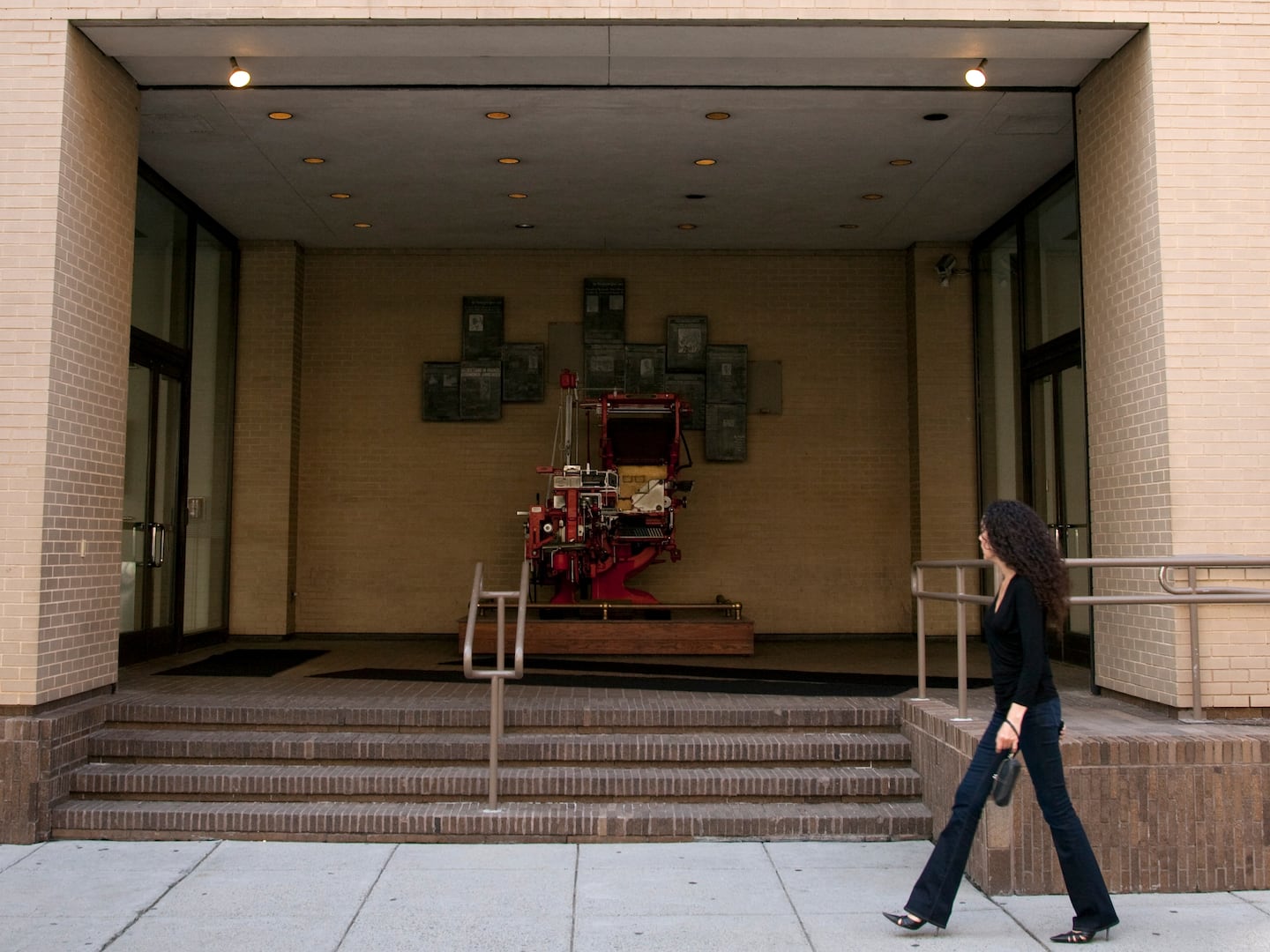The volume of stories in the media today speak to the state of young women in the world: hundreds of Nigerian girls kidnapped, girls in India being raped and hung from trees, a small child dying a violent death in a bathtub in New York City. It’s hard not to feel helpless after we read these stories. How do we take action?
I had previously produced two documentaries about child sex trafficking. Then I was approached to direct a short narrative film based on a chapter of Nicholas Kristof and Sheryl WuDunn’s bestselling book Half the Sky: Turning Oppression into Opportunity for Women Worldwide. After reading this inspiring book, I agreed and chose to tell the story of Meena Hasina, who at 8 years old was kidnapped and sold to a brothel by her uncle.
She was raped, beaten, and kept in this brothel for over 12 years and gave birth to a daughter while captive. Meena eventually escaped, and with the help of the nonprofit group Apne Aap, bravely returned to rescue her daughter, Naina.
I was so inspired by Meena, who not only joined the self-empowerment group, Apne Aap, but also managed to rescue her daughter, Naina, who later attended school and received an education—something rare and coveted in most other parts of the world. Naina is now a community mobilizer, helping other girls break the cycle of exploitation.

No child should ever experience sexual violence, or any violence for that matter. Yet millions of girls and boys are trafficked into places where they are exploited, sexually violated and abused on a daily basis.
Helping children has always been a passion of mine, which is how I became a UNICEF Ambassador in 2004. I have traveled around the world with UNICEF and have witnessed children in war-torn countries who are in dire need of simple, everyday things like clean water, pencils, and access to schools or other safe places.
Last year I traveled to Lebanon and witnessed firsthand the effects the war in Syria is having, not only on refugee families and children, but also on the Lebanese people and their children. Resources are being drained from all parties, and in the end, no one wins—especially children. There is a deep concern that these children will become a “lost generation” due to their displacement and their inability to receive an education or even an actual childhood. Refugee children are also at great risk of being trafficked, sexually exploited or forced into labor. Efforts are being stepped up to protect them and get them access to education, but with the influx of tens of thousands of refugee families every day, it’s an uphill battle.
The expression “it takes a village to raise a child” is so true, particularly when it comes to violence against children. It takes an entire international community to create lasting change. Don’t get me wrong, there is real change happening in the world on the part of governments, individuals and non-governmental organizations, but we need to do more.
For every 800 victims of trafficking, there is only one conviction. We need to end impunity. There is an urgent need to implement policies, enforce laws to protect children, and to create a safe environment for those who have been hurt to receive the help and healing they need. Without these essential foundations, a cycle of violence and corruption not only continues but also grows exponentially.
It is also necessary to highlight work on the prevention side. UNICEF supports social programs that reach the poorest women and children. In some countries there are programs to provide cash transfers to ease the burden of poverty and help ensure that girls attend and stay in secondary schools. UNICEF also tries to make sure that all children go to school in places that are safe and nurturing. Children who drop out of school become more susceptible to being exploited and abused.
We are premiering the film Meena tonight not just to raise awareness about this issue. We are also releasing it to the public this same night so that anyone who watches this film automatically becomes part of this extraordinary movement to end hideous violence against children.
Connecting with women and children like Meena and Naina in my travels with UNICEF gives me every confidence that when we move awareness into action we actually create opportunities that make a real difference, ones that can be life saving.
None of this is inevitable. It is preventable. Period.






